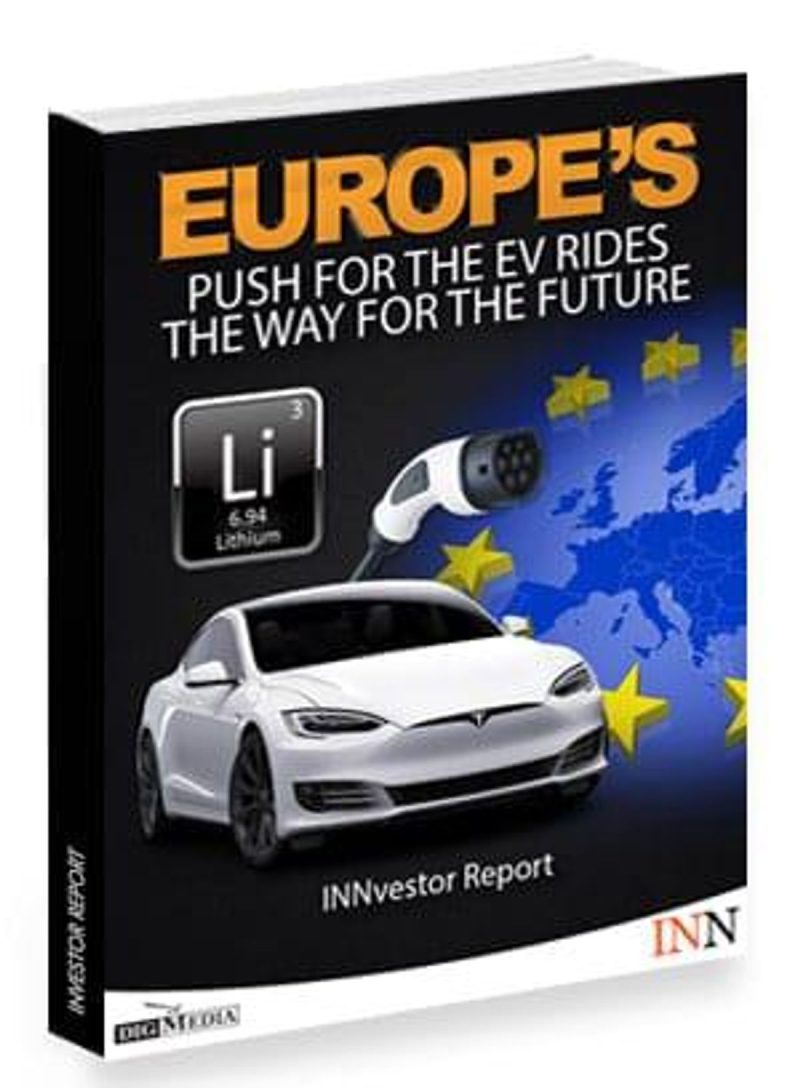Europe’s strides towards electric vehicles (EV) signify a significant advancement in the transport sector. The regional drive towards the embrace of EVs mirrors a rapidly unfolding global trend. Today, Europe is spearheading the push for electrification of transportation, setting the stage for a future where EVs are the mainstream.
The emerging EV market is mainly driven by firm government policies and regulations, which aim to significantly reduce carbon footprint and fulfill Sustainable Development Goals (SDGs). European governments have set ambitious goals towards zero-emission transportation, using policy tools to encourage consumer uptake and ensure manufacturer compliance. Norway, one of the front-runners in promoting EV, targets to have all new cars sold be zero-emission by 2025. The UK similarly wants to end the sale of new petrol and diesel cars and vans by 2030.
The facilitating role of the European Union cannot be understated. By approving funding projects towards EV transition, the EU is inspiring industry-wide movement. The Clean Vehicles Directive and the renewed sustainable transport strategy have set clear standards and goals, providing a blueprint for member states to follow in their quest for EV adoption. Enthusiasm from the EU regarding EVs sends a clear message of commitment, promoting EV uptake across member countries.
The manufacturing sector in Europe has been quick to respond to these impetuses. Presently, there is a boom of EV manufacturing plants across Europe, with major automakers such as Volkswagen, BMW, and Mercedes-Benz churning out electric models. By 2021, VW aims to produce 1.5 million EVs annually while Mercedes plans to make EVs half of its sales by 2030. This transformative industrial realignment paints a promising picture for EV’s future in Europe.
Another significant factor driving Europe’s push for EVs is the rapidly falling battery costs, making EVs more financially viable for a wider range of consumers. The development of energy-efficient batteries with longer lifetimes is expected to increase the value proposition of EVs, potentially encouraging more consumers to make the switch.
On the other hand, the increasing prevalence of EV charging infrastructure throughout Europe is easing anxieties surrounding EV range. Governments and private companies are investing heavily in charging stations, demystifying the EV ownership experience. For instance, Ionity, a joint venture of major automakers including BMW, Daimler, Ford, and VW, aims to have 400 high-power charging stations across Europe by the end of 2022.
However, a significant stumbling block in the path of Europe’s EV future remains the need for more significant consumer buy-in. While government policies and manufacturer contributions are crucial, widespread consumer adoption is the final cog in the wheel of success. To facilitate this, a strategic focus on consumer awareness and understanding of the economic and environmental benefits of EVs is necessary.
Moreover, as the push for EVs continues, there exists a pressing need for addressing the side effects of this transformation. Job displacement challenges, particularly in areas tied to internal combustion engine vehicles, must be managed with sensitivity and foresight. Reskilling initiatives and job-transition programs can play vital roles in ensuring that the move towards a cleaner, greener future leaves no one behind.
In conclusion, Europe’s journey towards a future dominated by EVs is actively unfolding. While the transition isn’t devoid of challenges, the overall trend is one of unstoppable progress. The efforts, both at the government level and within the manufacturing sector, are propelling Europe into an era where electric transportation will become the norm. Europe’s vigour and zeal in the push for EVs not only offers a model for other regions to emulate but also puts it on the cusp of an electrifying future.




